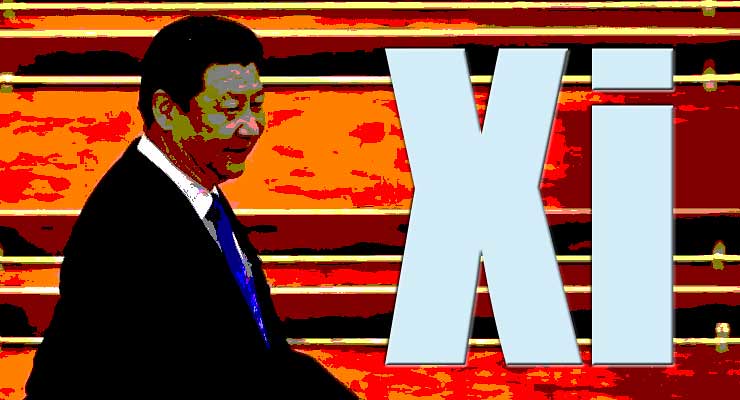
From Democracy Digest:
Cold War analogies aside, the world is in a battle for ideas, values, and the protection of sovereign democracies from outside influence and interference, argues Kevin Sheives – associate director of the International Forum for Democratic Studies at the National Endowment for Democracy, and a China specialist formerly at the U.S. Departments of State, USTR, Defense and Congress.
The concept of sharp power points to how outside authoritarian governments impair free expression, neutralize independent institutions, and distort the political environment, he tells Mercy A. Kuo. These malign actors span Russia, Iran, Venezuela, and others like the Gulf states. However, only China can pair economic and diplomatic power with global ambition and corrosive intent. China’s actions, led by the Chinese Communist Party (CCP), are more subtle than Russia’s interference attempts, Sheives observes in the Diplomat.
The early Cold War offers a useful parallel, say two leading analysts. At that time, American leaders understood that winning the long-term struggle against the Soviet Union required not losing crucial battles in the short term. The Marshall Plan, unveiled in 1947, was meant to prevent economic collapse in Western Europe, because such a breakdown might allow Moscow to extend its political hegemony over the entire continent. Strategic urgency was the prelude to strategic patience: the United States could exploit its lasting economic and political advantages only if it closed off more immediate vulnerabilities, according to Michael Beckley and Hal Brands.
Read the full article here.
Leave a Reply